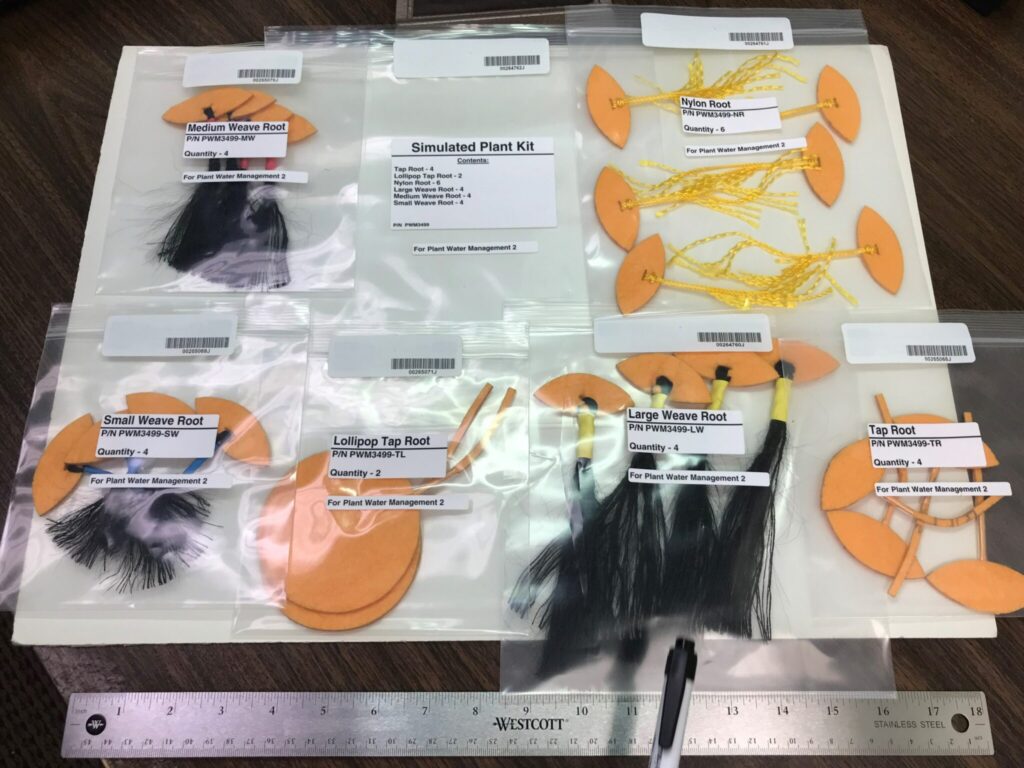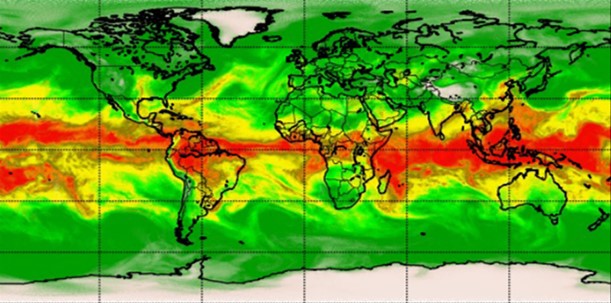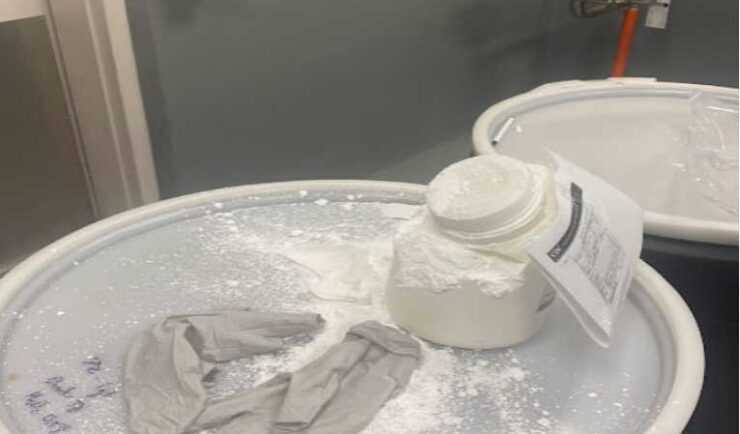- Success Stories
- Space Science Application Support & Operations
Astronauts Conduct Latest Plant Water Management on the International Space Station

NASA recently performed the sixth iteration of the CSS-supported Plant Water Management experiment on the International Space Station (ISS). Plant Water Management is a series of technology demonstrations focused on developing a capability for crop irrigation and nutrient delivery in various microgravity environments. NASA’s ISS Research Program selected CSS through its Research, Engineering, Mission, Integration Services (REMIS) contract to serve as the prime contractor for performing all mission integration and operations for the plant water management system. CSS’ role as the integrator and project manager for this effort includes designing, testing and manifesting the hardware, processing all safety related items, coordinating procedures, turning over the hardware to NASA for delivery to the International Space Station, and supporting real-time experiment operations on ISS.
The experiment payload, which includes a hydroponic system powered by a pump, a variety of induced perturbations, and synthetic plants that mimic various plant root systems, has been delivered to the International Space Station where the crew of Boeing astronauts currently resides. The crew volunteered to support this science experiment testing the hydroponic process of growing plants in their intended microgravity environment.

Although the astronauts volunteering to run the experiment admit they were first skeptical about running a hydroponic system with artificial plants, they then realized the value in testing the system. After running the operation for three days, they expressed amazement in the complex science needed to pump water through the system.
See More CSS Insights

Advancing Severe Weather Predictions with Artificial Intelligence
As artificial intelligence (AI) and machine learning (ML) technologies evolve in Earth sciences, CSS employee owners (formerly Riverside staff) are growing our expertise in this field. CSS employee owners are advancing technologies for our client, NOAA’s Center for Satellite Applications and Research (STAR). Our staff have developed a framework, exploiting modern AI/ML techniques, to rapidly…

Rapid Reporting of a Close Call Incident
CSS Safety Protocols During a routine collection of waste, a container of white powder disintegrated without warning, causing the powder to spill and be expelled into the air. Thanks to CSS’s safety protocols and quick response, our Center for Disease Control waste disposal staff was able to assess the situation and respond to the chemical…
New Data and Reports on the U.S. Marine Economy
Each year CSS economists on contract with NOAA’s Office for Coastal Management work with other federal agencies to process the most recent economic and labor data, and extract the portions related to marine-dependent sectors.
